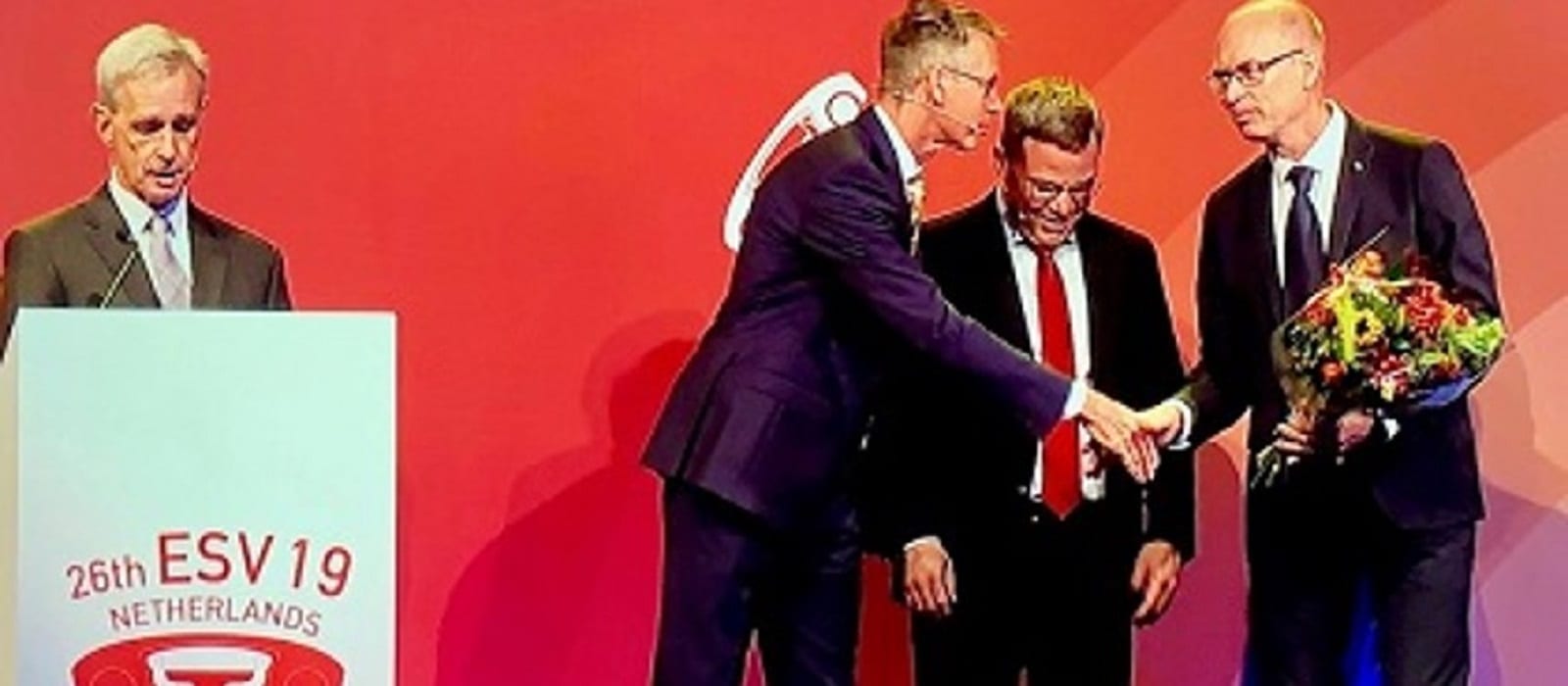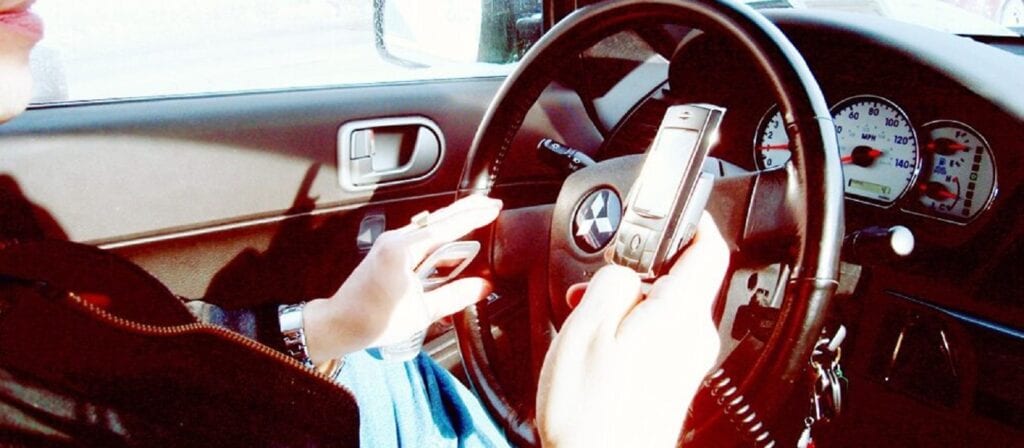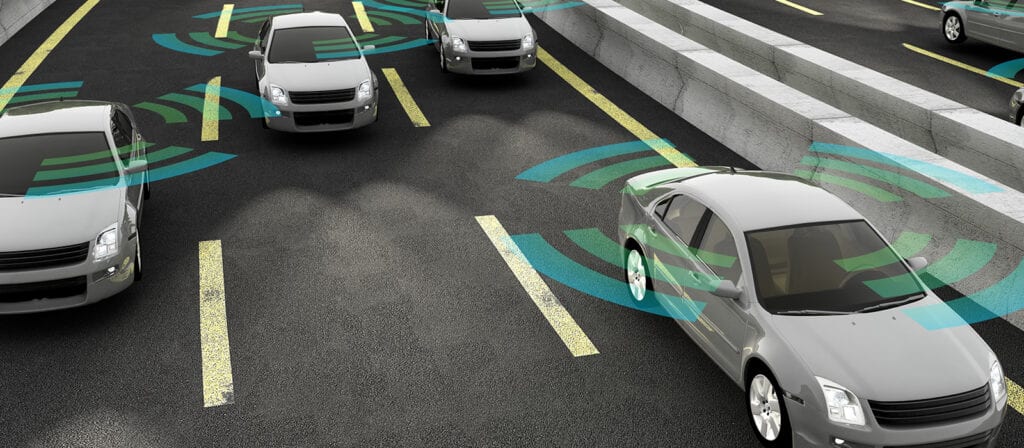The Research Director, at Swedish ICMIF member Folksam, Anders Kullgren, has been praised by the US Department of Transportation for his long-term contribution to road safety. The US Government Award for Safety Engineering Excellence, was awarded to Kullgren earlier this month in Eindhoven.
Speaking about the award Kullgren said, “I am delighted that the work we do here at Folksam is appreciated. We have been convinced for a long time that our work contributes to increased road safety not only in Sweden but around the world also. I am very happy that our work has been recognised in this way.”
Anders Kullgren has been working on road safety research at Folksam since the late 1980s. His main focus has been on analysis of major accidents and severe injuries that have long-term consequences.
“Winning this award comes largely from the work I have done in analysing the data obtained from black (smart) boxes after car accidents and also the great work we have done with consumer testing for whiplash and the impact it has had on how car seats are designed,” says Kullgren.
Folksam has, under Anders Kullgren’s management, placed 350,000 telematics black boxes in cars insured by Folksam during the period 1992–2018. The analysis of the black boxes has given Folksam unique opportunities to evaluate how cars can be built in order to prevent or lessen injuries when crashes occur. Among other things, better whiplash protection has been developed using the results from Folksam’s black box programme.
Kullgren says, “We were the first to do consumer tests relating to whiplash. The crash tests which we first developed at Folksam for car seats are today used by Euro NCAP (the European New Car Assessment Programme) when they test cars’ ability to protect drivers and passengers against whiplash damage and are part of the overall assessment of how safe a car is.”
Folksam’s researchers also look at the connection between crash tests and what happens in reality, when a real crash occurs, which in turn has contributed to how Euro NCAP develops its tests.
“There is access to very good data in Sweden and this, together with the fact that we have a well-developed methodology, means that even though we are a small country, we can produce very good research in the field of road safety. Black boxes and whiplash are two clear examples of our work with road safety, but we also research a lot about other safety systems and what effects they have. For example, we were the first to demonstrate the actual effect of automatic braking and anti-skid mechanisms,” says Anders Kullgren.
In 2017, Folksam published a report “How Safe is Your Car?” which detailed the work that the organisation has done since the early 1980s to collect and analyse information about road traffic injuries and car safety based on data from real accidents. This means that the road safety work that Folksam carries out gives the organisation access to a broad range of knowledge about how road traffic accidents occur, how they can be avoided and how the effects of accidents can be alleviated. The Folksam website shows details of the tests by car/make to help members and the public make more informed choices on a new car purchase based on the safety testing carried out.
In the report’s introduction, Anders Kullgren said: “Road traffic accidents entail heavy losses for public health and the economy, but above all for individuals. We wish to help make your journeys by car as safe as possible. The make and model of car you are travelling in is a decisive factor in the consequences of an accident. Therefore, for the seventeenth time since 1983, we are presenting information about the safety characteristics of different makes of vehicle in order to facilitate and guide your car purchase.”
Some examples of Folksam’s research contribution to road safety
1987 – Seat belt use in the rear seats of cars
Folksam’s work contributed to Sweden introducing legislation on the use of seat belts in the rear seat.
1987–93 In-house development of car seats
Folksam developed the market’s safest car seats in the early 90s.
1990s Child safety in car
Folksam analysed accident data and also made its own crash tests to see how children could be better protected in cars. This included studies on the use of car seats for children.
1993 – 2018 Back box analysis of collision forces
Among other things, whiplash protection has been developed using results from Folksam’s black box.
In 2003 Folksam initiated consumer crash tests to analyse whiplash protection provided by car seats.
In 2009, EuroNCAP then introduced whiplash tests in its crash test programme following the research done by Folksam.
2003–2006 Evaluation of anti-skid systems.
2005–2006 Evaluation of seatbelt reminder alarms in Sweden and in Europe.
The result of Folksam’s research meant that all cars have reminder alarms for drivers and passengers in the front seat to put on their seatbelt since 2009.
2008 – Folksam develops national health measures in Sweden
The method “risk of medical disability” became the national way of measuring the health impact of road traffic accidents in Sweden from 2009 onwards.
2013 – First evaluation of the protection effect on auto-braking systems.






